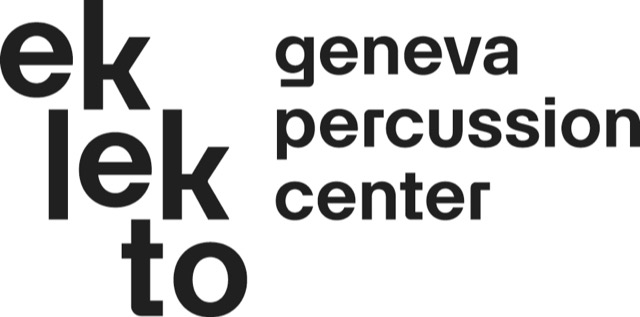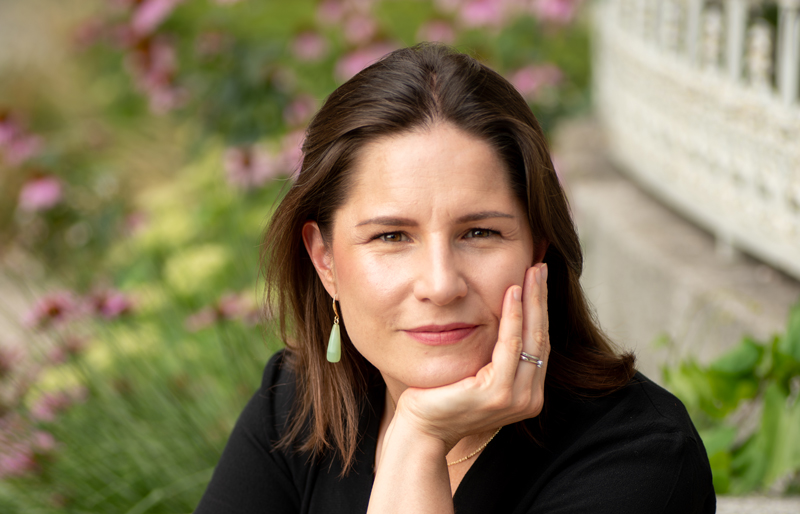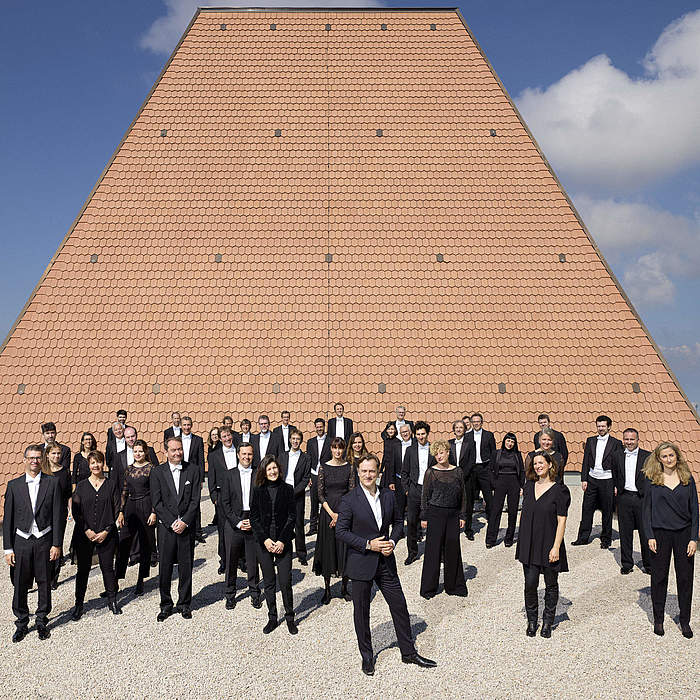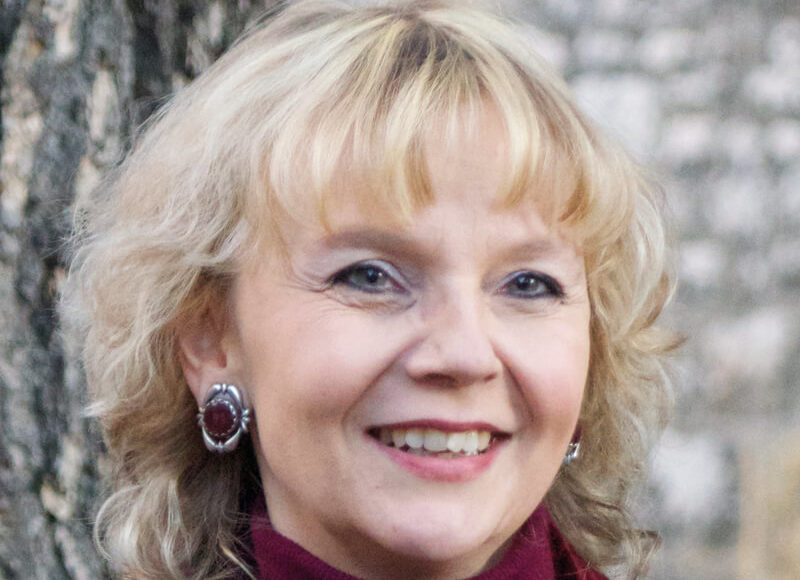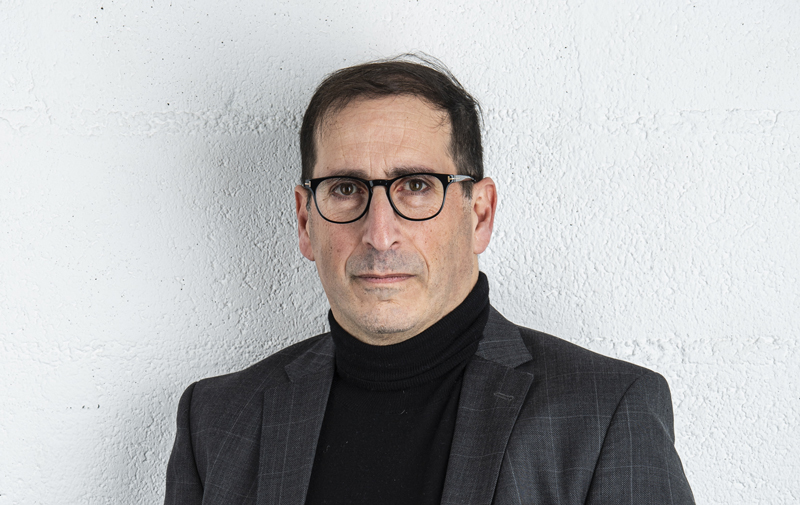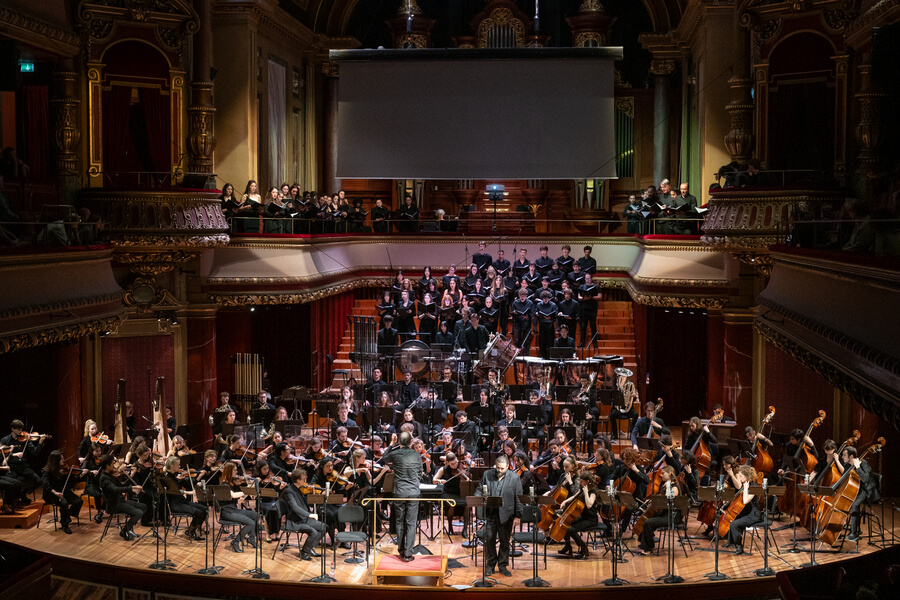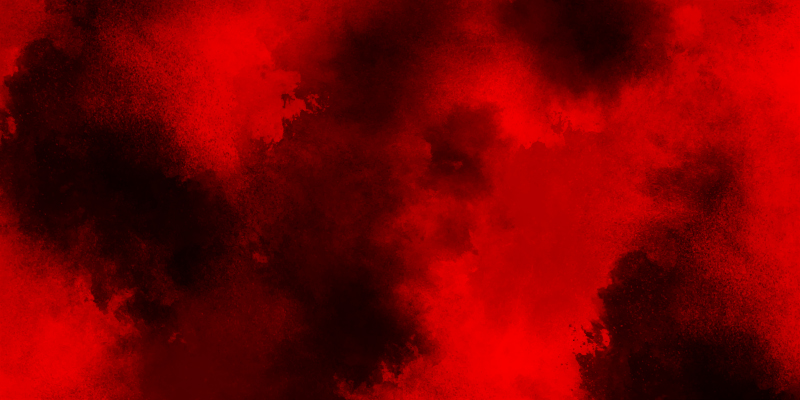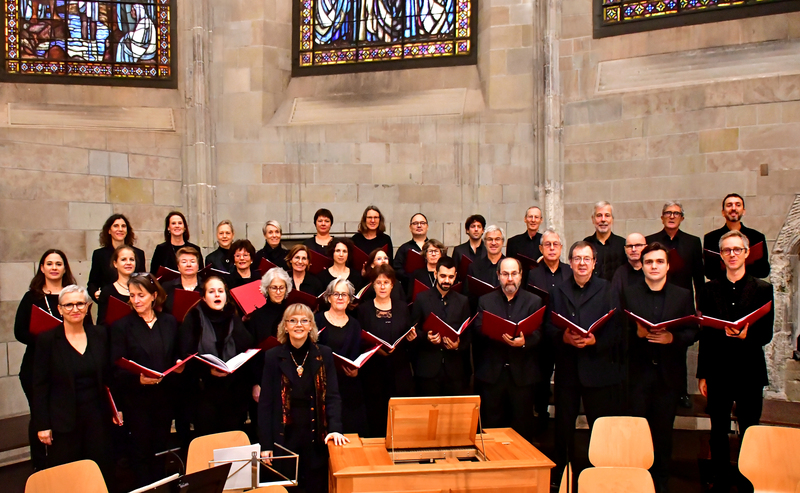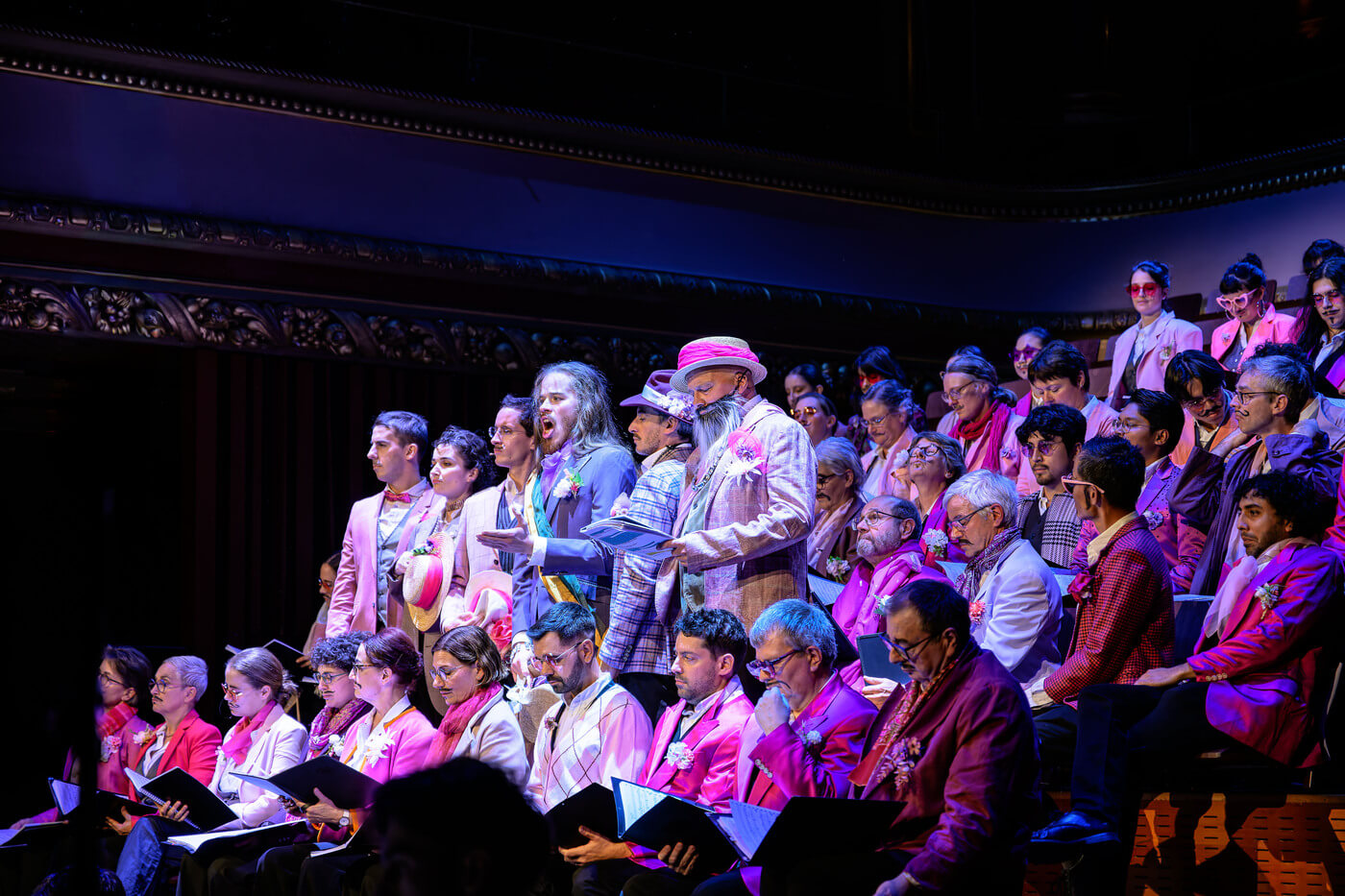La Nique à Satan
Sunday, October 12, 2025 at 5 PM
PRE-CONCERT TALK AT 4:00 PM: PRESENTATION OF THE WORK BY CÉLINE ELISEEV, MUSICOLOGist
Starting from CHF 15.-
Tickets available online or on site on the day of the concert
La Nique à Satan takes place in a quaint, old-fashioned town plagued by constant quarrels and overshadowed by the threat of the fearsome witch Bergougne. The arrival of Jean des Lunes, a poet-musician armed with a magical flute, ultimately saves the town from destruction.
Composed by Frank Martin to a text by Albert Rudhardt, La Nique à Satan is described as a “popularly inspired spectacle.” Rudhardt’s tale, with the charm of a children’s story, blends irony, depth, humor, and innocence. On this foundation, Frank Martin achieves the remarkable feat of writing music that is at once popular, witty, and picturesque, while crafting a sophisticated score with particularly rich and refined instrumentation.
Premiered in 1933 at the Grand Théâtre de Genève, the work comes back to life in a new version featuring a men’s choir, a women’s choir, a children’s choir, four soloists, an instrumental ensemble of 25 musicians, and actors, in a staging by Benjamin Knobil.
CHARLOTTE LEPINE, costumes
WILLIAM BALLÉRIO, lighting
BENJAMIN KNOBIL, Jean des Lunes
MARIAMA SYLLA, La Bergougne
CYPRIEN COLLOMBO, Le Raseur
MICHEL ROSSY, Le Bègue
SOLOISTS
CÉLIA LEGENTIL
SANTIAGO CRESPO
MATHIAS LONCHAY
BRIEUC DE BREMOND D’ARS
PROGRAM
FRANK MARTIN - La Nique à Satan
Duration: 1h30 without intermission
Doors open at 3:45 PM
Premiered in 1933 at the Grand Théâtre de Genève, the work comes back to life in a new version featuring a men’s choir, a women’s choir, a children’s choir, four soloists, an instrumental ensemble of 25 musicians, and actors, in a staging by Benjamin Knobil.
Starting from CHF 15.-
Tickets available online or on site on the day of the concert
Stay updated on the Odyssey!
Sign up now to receive the latest news directly to your inbox.


